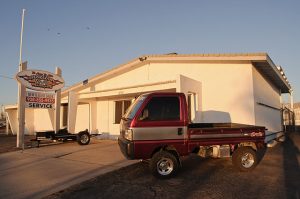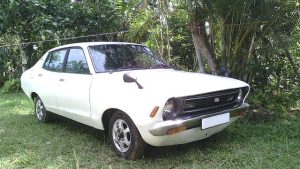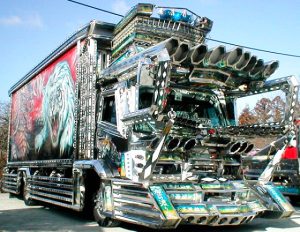First, let’s get a major clarification out of the way. Just because a car’s manufacturer is Japanese doesn’t mean that the car is JDM.
JDM stands for “Japanese Domestic Market.” The term refers to any vehicle that has been manufactured to be sold to consumers in Japan. It doesn’t refer to Japanese vehicles manufactured for sale in the United States or countries other than Japan. (A vehicle manufactured in Japan for sale in the US market is more properly referred to as a ‘USDM’ vehicle.)
JDM also describes the enthusiast culture surrounding JDM vehicles—not just cars, but also motorcycles and trucks.

Japanese consumers put far fewer miles on their vehicles every year than American drivers do. As a result, automobiles in Japan wear out much less quickly than they do here in the States. Carmakers must show maximum creativity and innovation in order to lure Japanese consumers to buy new cars, which means that JDM vehicles are just, well, a little more badass than USDMs.

Bosozoku: An over-the-top, extremely modified JDM vehicle. Japanese for “out-of-control tribe,” bosozoku originally described 1950s biker gang culture. Today, it describes any JDM that is “extra.” Think wacky body kits and crazy vertical exhaust pipes.
Dekotora: Extravagantly decorated trucks. They resemble the Las Vegas strip on wheels.

Itasha: Vehicles with wraps depicting graphics from anime, manga, or video games.
Kei: Japanese term for the smallest highway-legal passenger JDM cars.

Kyusha: Japanese for ‘old car.’ In other words, a classic, lightly-modified JDM.
Onikyan: Wheels that turn dramatically inward at their tops. Their “camber,” or alignment, is negative. (In contrast, wheels aligned straight up and down —the ‘normal’ way—have a camber of zero.) The term onikyan means “demon camber” in Japanese. Sick.
Are JDM Cars Illegal?
Saturday, September 10, 2022
Marina Green Park
Long Beach, CA
Check out photos of 2021’s show here.
Do you know about JDM events we should add to our list? Do you have a photo of a JDM car you’d like to share? Send them to us at xxxx@motortopia.com.